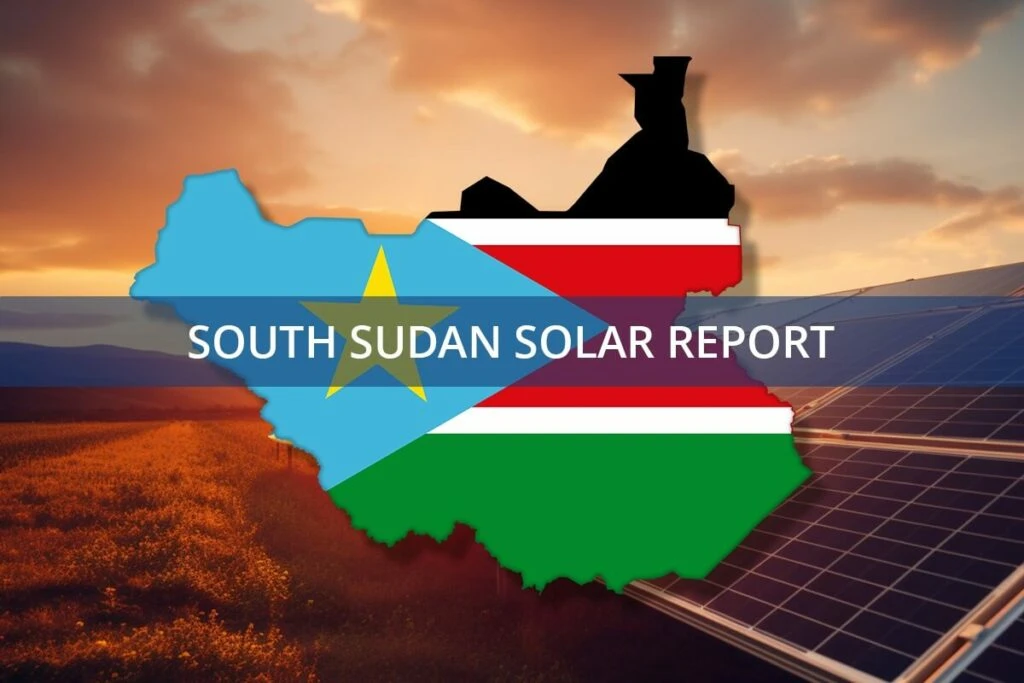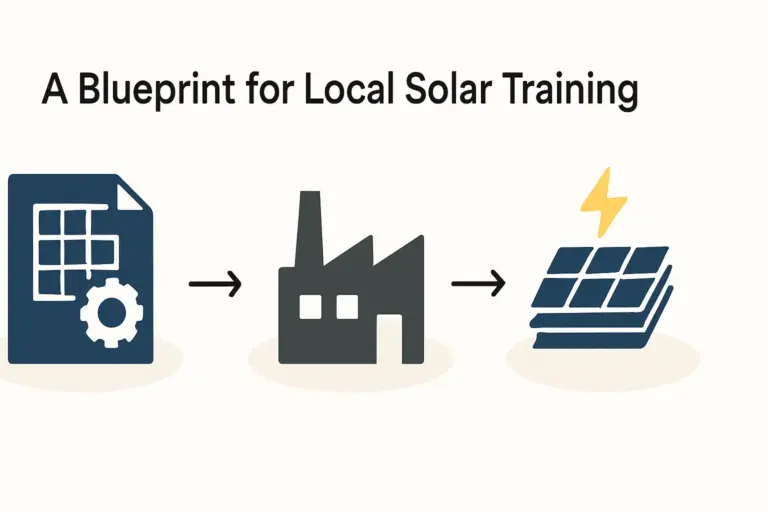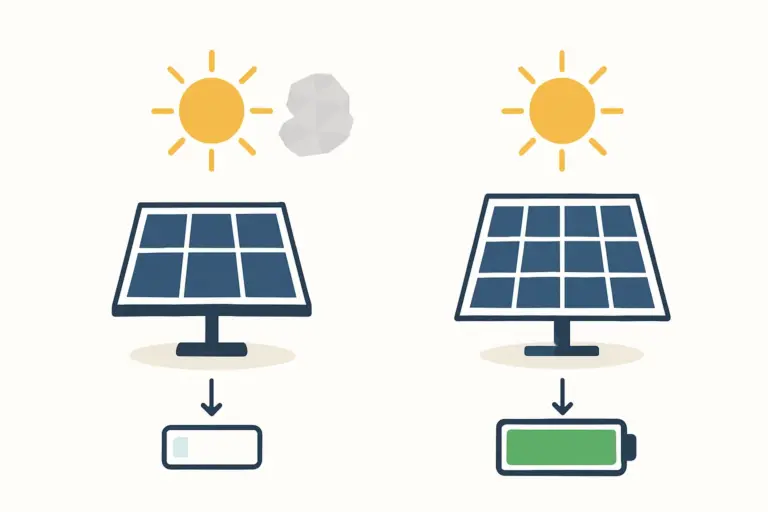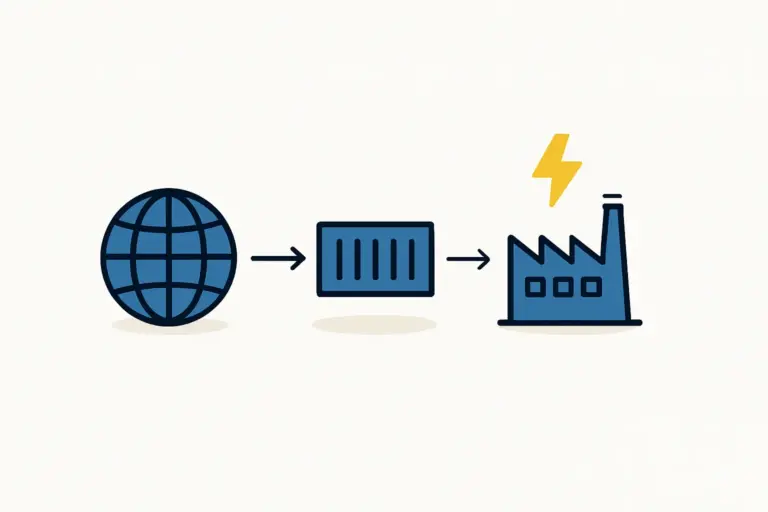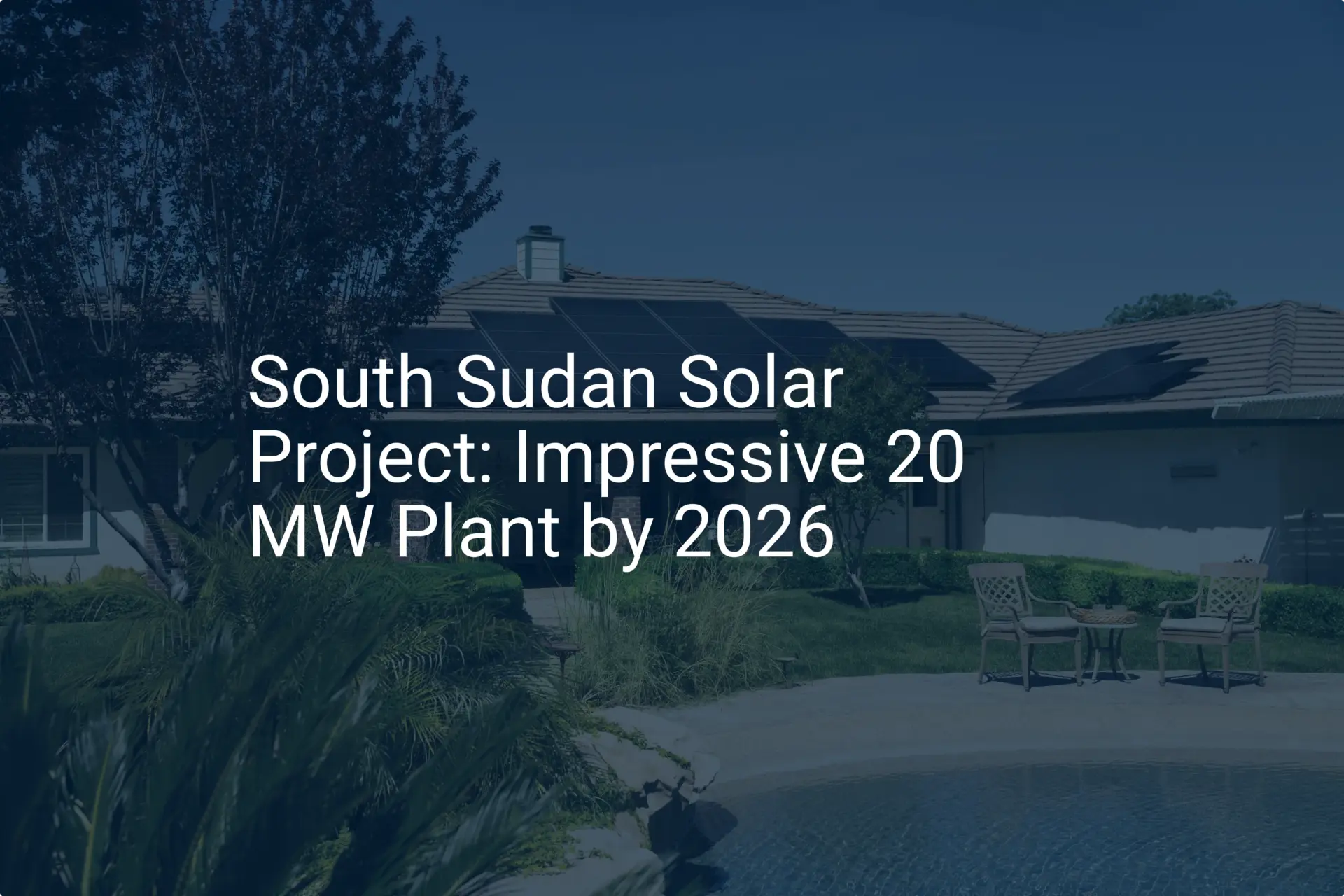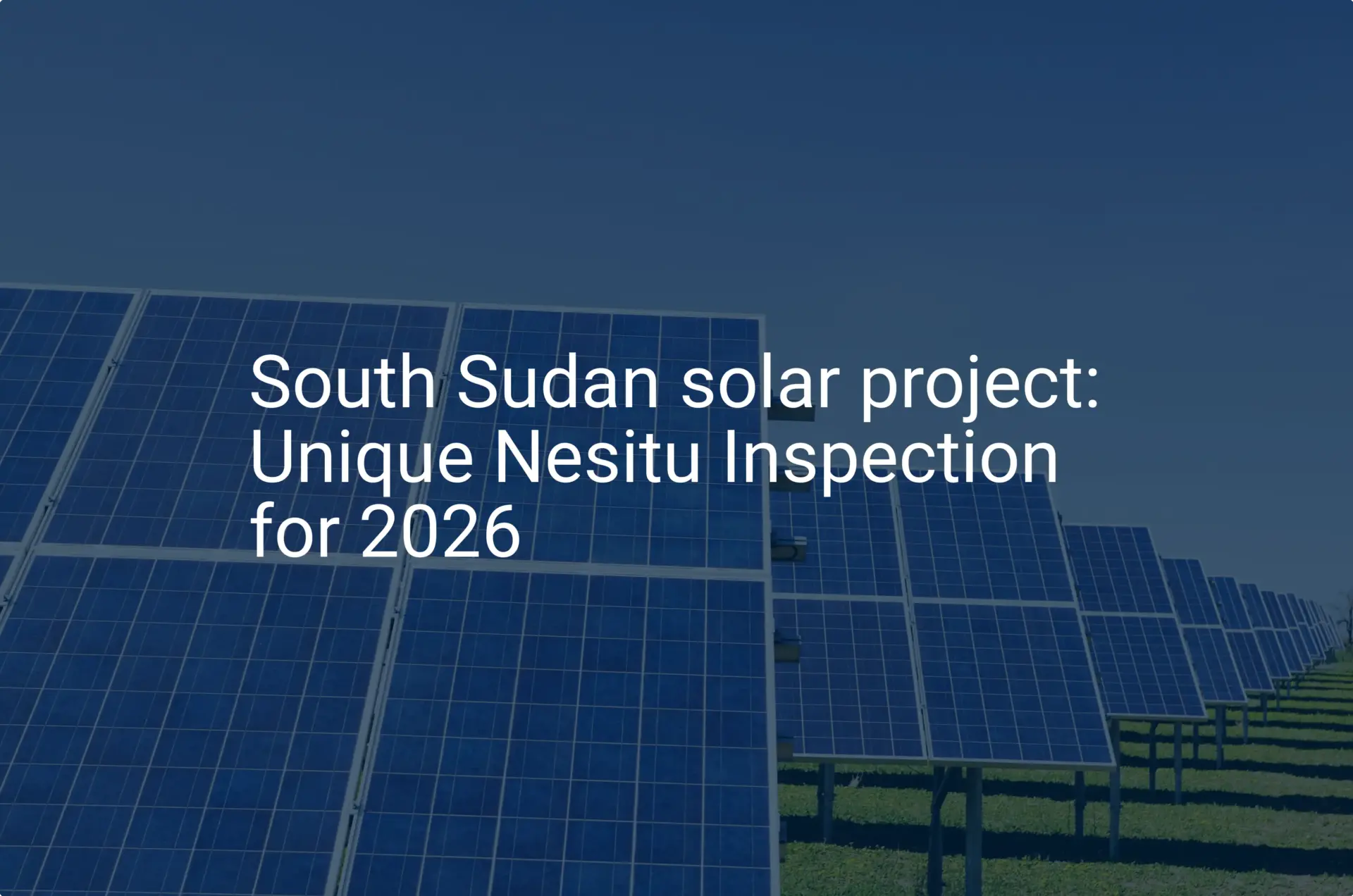For many entrepreneurs, Africa’s vast solar potential is a major business opportunity. Yet the path from recognizing this potential to establishing a manufacturing facility can feel complex and fraught with regulatory hurdles.
Sudan, a country with some of the highest solar irradiation levels in the world, offers a compelling case study. While often viewed through the lens of its political and economic challenges, the Sudanese government has quietly established a robust legal framework designed to attract foreign investment in renewable energy. This guide provides a practical overview of Sudan’s investment incentives for solar manufacturing, breaking down the key legal acts, financial benefits, and special economic zones available to foreign entrepreneurs considering this emerging market.
Understanding the Foundation: Sudan’s Solar Potential
The key driver for any solar venture is, of course, the availability of sunlight. Sudan has a world-class solar resource, with a Global Horizontal Irradiance (GHI) averaging over 2,400 kilowatt-hours per square meter (kWh/m²) annually.
To put this in perspective, that figure is significantly higher than in many European countries with well-established solar industries. This high GHI means that solar modules manufactured and installed in Sudan can generate more energy, leading to a faster return on investment for end-users and a stronger domestic market for manufacturers. This natural advantage is the foundation of the government’s strategy to encourage investment in local solar production.
The National Investment Encouragement Act: Your Legal Blueprint
The cornerstone of Sudan’s foreign investment policy is the National Investment Encouragement Act of 2013 (NIEA). This legislation streamlines the process for foreign entities and provides a set of standardized, predictable incentives. For anyone planning to enter the market, understanding this act is the first step in assessing a project’s viability.
The NIEA aims to reduce the initial financial burden on investors and create a competitive business environment. It outlines several key benefits available to strategic projects and designates renewable energy manufacturing as a priority sector.
Key Financial Incentives for Solar Manufacturers
The NIEA offers several direct financial advantages designed to lower the initial cost of a solar factory and improve its long-term profitability.
Tax Exemptions
One of the most significant incentives is relief from corporate taxes. Strategic projects, including solar panel manufacturing, are eligible for an exemption from the Business Profit Tax for five to ten years. This allows a new enterprise to reinvest its early profits directly into growth, scaling operations, or further research and development.
The act also provides for:
- Exemption from Customs Duties: All capital equipment, machinery, and raw materials required for setting up and running the factory can be imported without customs fees. This substantially reduces upfront capital expenditure.
- VAT Exemption: Capital goods are also exempt from Value-Added Tax, further decreasing initial setup costs.
Preferential Land Allocation
The government helps facilitate access to land for industrial projects. Investors in priority sectors can be granted land at preferential rates or with favorable long-term lease conditions. This is particularly relevant for a solar module factory, which requires a significant physical footprint for production lines, warehousing, and administrative offices.

Leveraging Sudan’s Free Zones for Maximum Advantage
For export-oriented manufacturing, Sudan’s designated Free Zones offer an even more attractive package of incentives. These are special economic areas with their own regulatory and fiscal regimes, designed to boost trade and manufacturing. The most prominent are the Red Sea Free Zone (RSFZ) and the Gezira Scheme for Agriculture and Industry.
Businesses operating within these zones benefit from a framework often described as ‘plug-and-play’ for international trade. The primary advantages include:
- Extended Tax Holiday: A complete exemption from business profit taxes for up to 15 years.
- Full Foreign Ownership: Companies can be 100% foreign-owned, providing complete control over the enterprise.
- Unrestricted Profit Repatriation: Investors are free to transfer 100% of their profits and capital out of the country without restrictions.
- Customs-Free Environment: Goods can be imported, processed, and re-exported without being subject to national customs duties.
For an entrepreneur planning to serve markets in the Middle East, East Africa, and beyond, establishing a factory in the Red Sea Free Zone provides a powerful logistical and financial advantage.
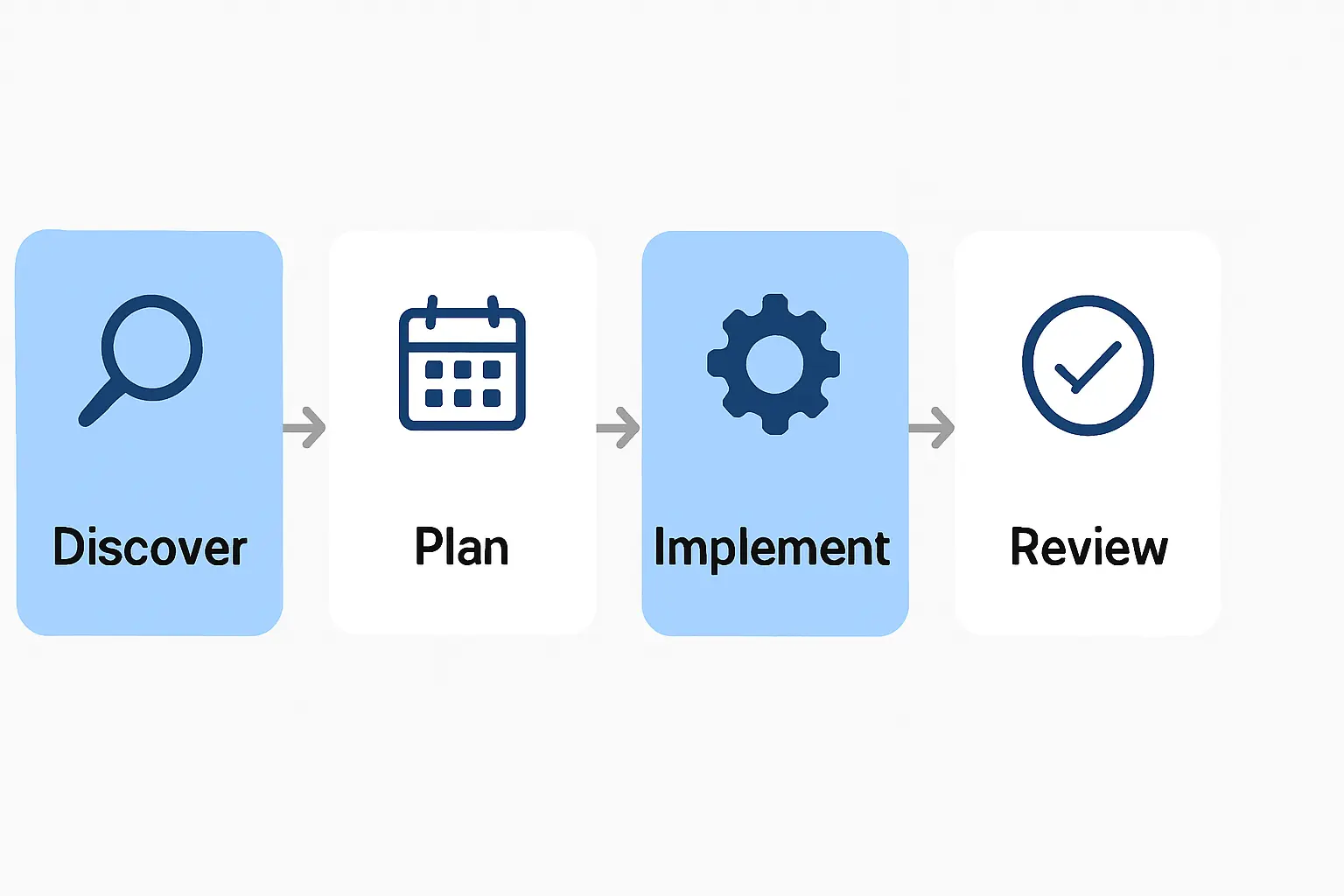
Navigating the Regulatory Process
While these incentives are substantial, accessing them requires following a formal process. The primary government bodies an investor will interact with are:
- Ministry of Investment (MoI): This is the central authority for approving foreign investment projects. It acts as a one-stop-shop for registration, licensing, and granting the incentives outlined in the NIEA.
- Sudanese Standards and Metrology Organization (SSMO): This body is responsible for setting and enforcing quality standards for all products manufactured in or imported into Sudan. Any solar module produced must comply with SSMO standards, which often align with international IEC standards. Understanding these technical requirements is crucial for a successful manufacturing operation.
Acknowledging Real-World Challenges
Of course, this investment framework must be viewed alongside the country’s operational challenges. Political instability, currency fluctuations, and gaps in logistics infrastructure are real factors that require careful planning.
As experience in similar emerging markets shows, a successful strategy does not ignore these risks but actively mitigates them. For example, an investor like Mr. Goyal, a successful industrialist from India exploring African markets, would need to prioritize on-the-ground due diligence. This includes securing reliable local partners, developing resilient supply chains, and potentially focusing on an export-oriented model from a Free Zone to hedge against local currency volatility. A pragmatic approach, backed by solid technical and business planning, is essential.

Frequently Asked Questions (FAQ)
What is the very first step to establishing a solar factory in Sudan?
The initial step involves developing a comprehensive business plan and feasibility study. This document is then submitted to the Ministry of Investment for preliminary approval. Guidance on this phase can be found by understanding how to start a solar factory.
Can a foreign company own 100% of its business in Sudan?
Yes. While regulations may vary, operating within a designated Free Zone, such as the Red Sea Free Zone, explicitly allows for 100% foreign ownership of the enterprise.
How long does the investment approval process typically take?
Timelines can vary, but the Ministry of Investment aims to streamline the process. With a well-prepared application and all necessary documentation, preliminary approvals can often be secured within a few months. However, investors should plan for a longer period to account for all administrative steps.
Are there specific quality standards for solar modules sold in Sudan?
Yes, all solar modules must comply with the standards set by the Sudanese Standards and Metrology Organization (SSMO). It is crucial to design the manufacturing line and quality control processes to meet or exceed these local requirements.
Next Steps for Exploration
Sudan offers a structured and surprisingly robust framework of incentives for investors in the solar manufacturing sector. The combination of high solar resources and significant financial benefits presents a unique opportunity for entrepreneurs looking to enter the African renewable energy market.
The key to success lies not in overlooking the challenges, but in understanding and navigating them with thorough preparation. A deep dive into legal texts, collaboration with local consultants, and a solid technical and financial plan are the essential next steps to transform this opportunity into a viable industrial project.

